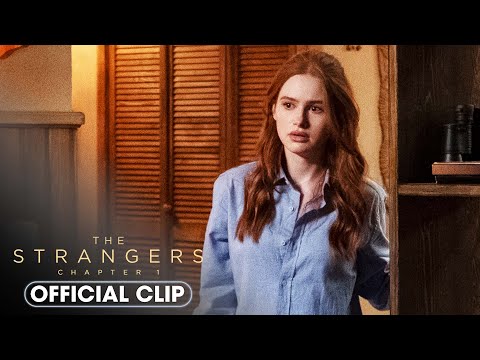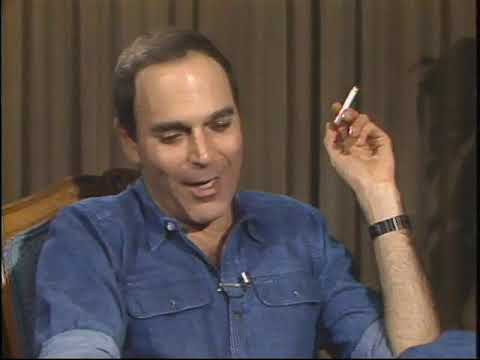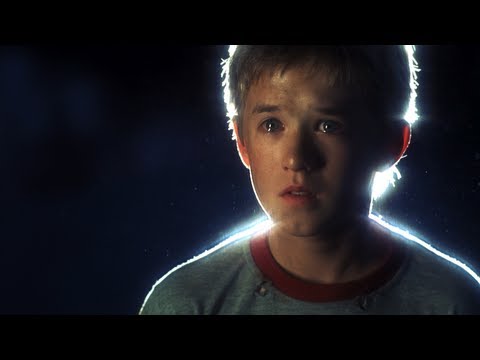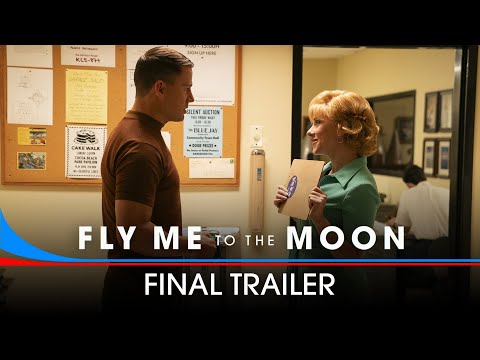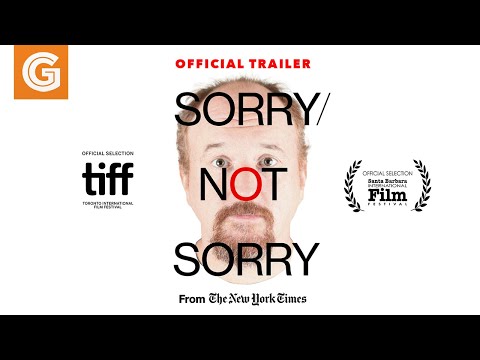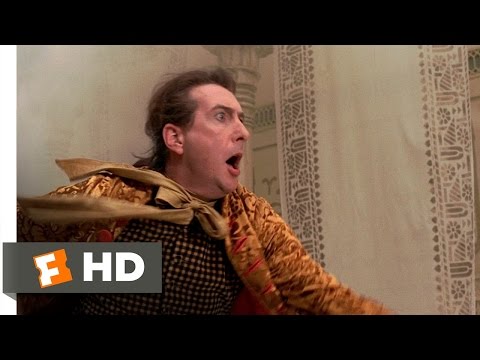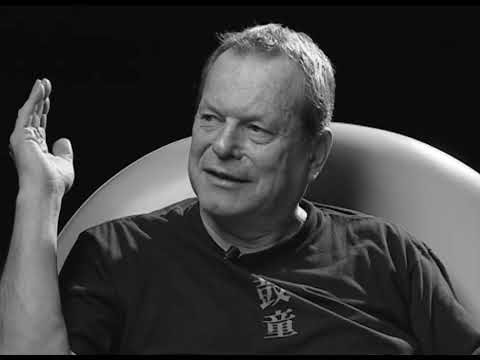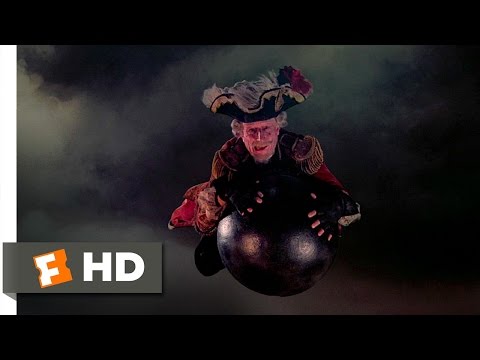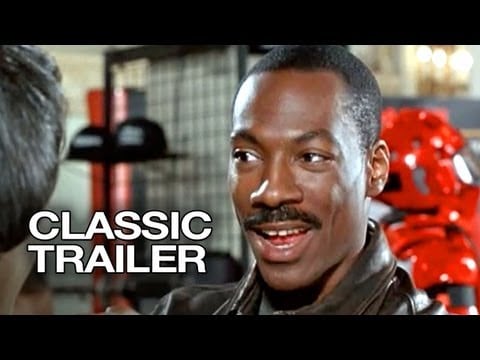Few films nailed the 1980s quite like “St. Elmo’s Fire.”
Scratch that. No movie captured the era as distinctly as Joel Schumacher’s 1985 potboiler.
The fashions – Crimped hair, shoulder pads, oversized blazers and Billy Idol-approved earrings.
The music – Not one but two iconic songs – “St. Elmo’s Fire (Man in Motion)” by John Parr and “Love Theme from St. Elmo’s Fire.”
And, of course, the definitive Brat Pack ensemble – Rob Lowe, Andrew McCarthy, Ally Sheedy, Demi Moore, Emilio Estevez and Judd Nelson. Sorry, Mare Winningham, you didn’t follow “Fire” up with any Brat-approved classics.
Seen today with fresh eyes, the kind this critic brought to the 1985 film, “St. Elmo’s Fire” is more artifact than drama. It’s a time capsule gussied up as a 20-something drama.

Make no mistake. “St. Elmo’s Fire” isn’t good. The characters are wafer thin, as are many of the performances. The dialogue swings from freshman-level insights to hackneyed pearls of wisdom that dissipate on impact.
The plot pivots are made for maximum conflict, even when they don’t make a lick of sense. Even the supposedly heroic characters are either borderline stalkers or unable to defend their garish behavior.
So why the fuss so many years later? Why would Hulu dedicate an entire documentary to the film’s “BRATS,” the clique that defined youth culture for a short, mesmerizing spell?
How could Gen Xers look back on such a tortured vehicle when other ‘80s films earned their iconic status? “Ferris Bueller’s Day Off?” “The Breakfast Club?” “Beverly Hills Cop?”
It’s simple. Beauty. Nostalgia. The dawn of so many curious careers. Remember Lowe’s disastrous turn as an Oscars host?
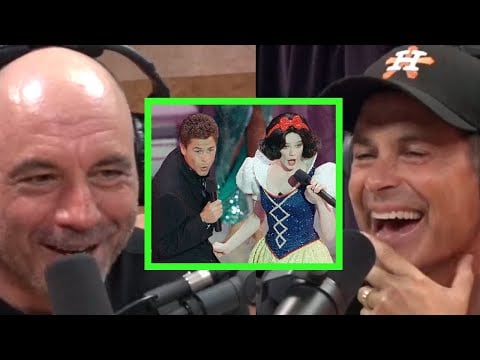
And the songs supplied the soundtrack to endless proms and first kisses.
The film’s concept is ripe for a remake, but with massive tweaks needed to the formula. The film’s aggressive lack of diversity wouldn’t stand up to modern scrutiny. Nor would Rob Lowe’s unctuous Billy and how he treats Moore’s flighty Jules late in the film.
“So rapey!” cries the offended Gen Zer. Yeah, that’s not too far off.
We cling to “St. Elmo’s Fire” because we can’t let our youth go quietly. Yes, Lowe at 60 looks at hearty as just about any soul his age, but he radiates the kind of youthfulness here that forgives all flaws.
Drunk? Unprofessional? Delusional? But look at that mug! And he plays the sax, albeit badly!
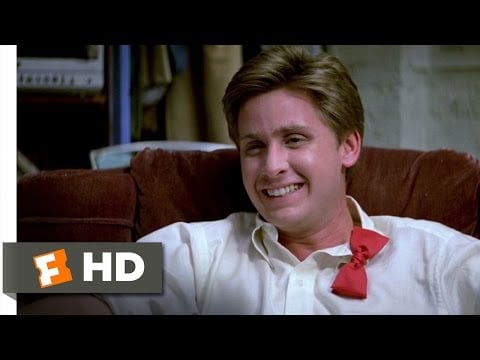
Moore proves she wasn’t fully formed as an actress. That’s being kind, and she’s not alone. No one emerges unscathed in this “Fire,” and direct some of the blame to a green Joel Schumacher. The veteran director also co-wrote this dramatic slop, and some of the clunky lines must have come from his pen.
Here’s a few that would make John Wayne wince.
She is the only evidence of God I have seen with the exception of the mysterious force that removes one sock from the dryer every time I do my laundry.
Love, love, you know what love is? Love is an illusion created by lawyer types like yourself to perpetuate another illusion called marriage to create the reality of divorce and then the illusionary need for divorce lawyers.
You know there are more people in law school right now than there are lawyers on the entire planet? Think about that.
Whoa!
Yet, like the deeply flawed 1989 romp “Road House,” “St. Elmo’s Fire” is endlessly watchable. The fights, meltdowns and out-of-left-field pivots are irresistible.
Who thought that plot twist merited a final draft look? Do you know anyone who acts like this?
Heck, who attempts suicide by laying still in a quiet room with the windows down, surrounded by curtains and cloth?
The forced camaraderie early on is yet another issue, although by the end you do get a sense of their shared kinship. Perhaps they realize they’re all so deeply troubled no one else will have their backs?
Estevez’s pursuit of “Dr.” Andie MacDowell is a first-degree howler. He’s entitled and brash, and while young men have always followed their crushes beyond boundaries, the lengths he goes to here are absurd. And his heroic moment at the end is somehow worse.
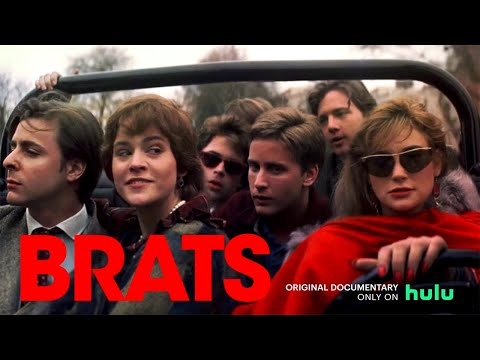
Yet nearly 40 years later we still genuflect to “St. Elmo’s Fire.” That Hulu original let McCarthy look back at the era, the journalist who gave the stars their iconic branding and the cultural ramifications of their work.
Deep? Maybe not. It’s still a snapshot of youthful innocence and indiscretion that never goes out of style.
Long live the “Pack.”
The post ‘St. Elmo’s Fire’ – The Ultimate ’80s Movie? appeared first on Hollywood in Toto.
from Movies - Hollywood in Toto https://ift.tt/2Dfjr7m



 (@Horror31)
(@Horror31)  (@HorrorPaperback)
(@HorrorPaperback) 

